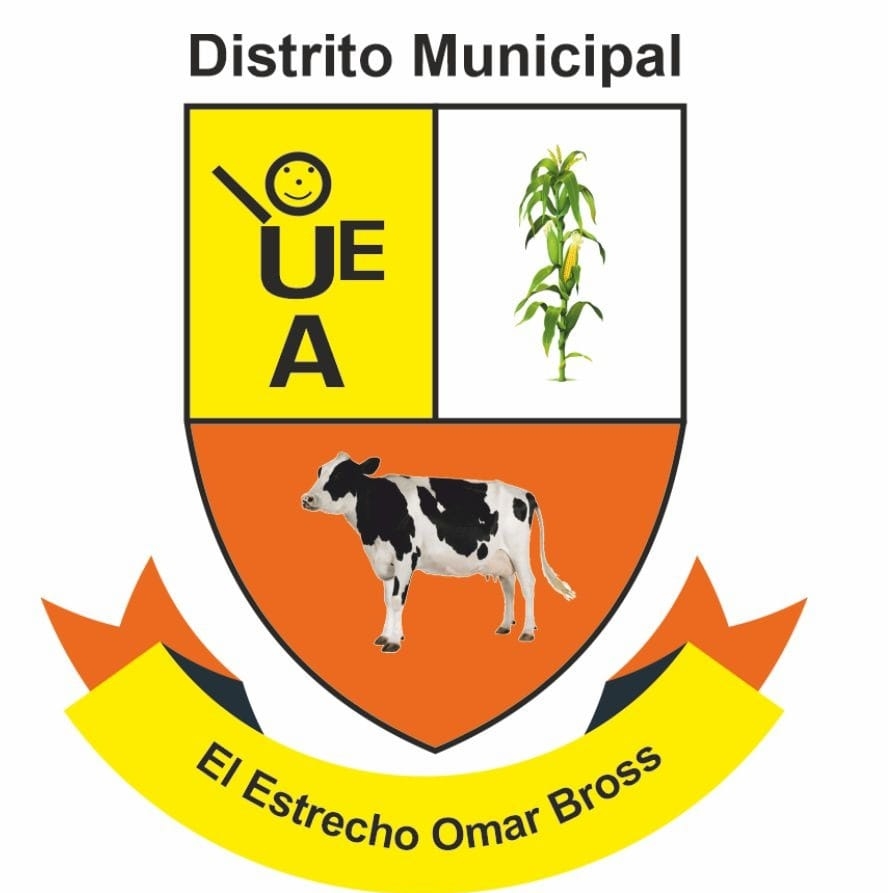The Evolution of Google Search: From Keywords to AI-Powered Answers
Commencing in its 1998 start, Google Search has transformed from a basic keyword searcher into a advanced, AI-driven answer engine. Originally, Google’s discovery was PageRank, which evaluated pages by means of the standard and total of inbound links. This changed the web apart from keyword stuffing in the direction of content that garnered trust and citations.
As the internet broadened and mobile devices multiplied, search practices developed. Google initiated universal search to unite results (coverage, thumbnails, footage) and later spotlighted mobile-first indexing to capture how people really surf. Voice queries via Google Now and then Google Assistant prompted the system to translate colloquial, context-rich questions instead of succinct keyword sequences.
The subsequent advance was machine learning. With RankBrain, Google kicked off comprehending historically unexplored queries and user mission. BERT evolved this by comprehending the depth of natural language—syntactic markers, environment, and ties between words—so results more closely suited what people conveyed, not just what they recorded. MUM enlarged understanding over languages and categories, supporting the engine to link corresponding ideas and media types in more nuanced ways.
In the current era, generative AI is reshaping the results page. Trials like AI Overviews unify information from assorted sources to give condensed, specific answers, commonly supplemented with citations and follow-up suggestions. This shrinks the need to press numerous links to synthesize an understanding, while still pointing users to more thorough resources when they opt to explore.
For users, this change results in hastened, sharper answers. For publishers and businesses, it compensates substance, authenticity, and readability above shortcuts. On the gyn101.com horizon, foresee search to become mounting multimodal—harmoniously combining text, images, and video—and more tailored, adapting to settings and tasks. The odyssey from keywords to AI-powered answers is truly about revolutionizing search from sourcing pages to taking action.


